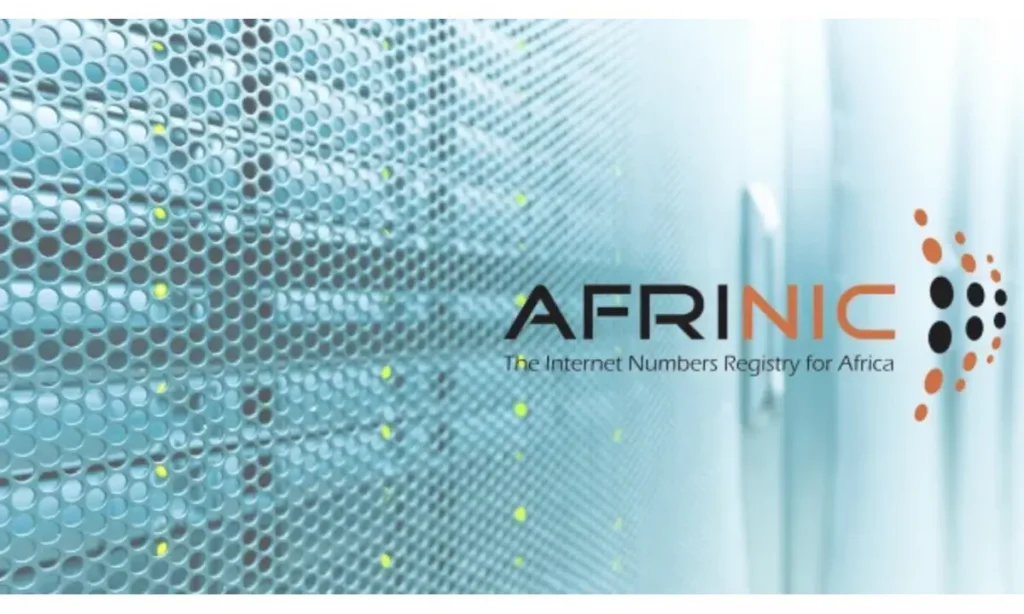- Political interference leaves AFRINIC in a governance vacuum, weakening accountability.
- Constitutional reform is needed to protect independence and Africa’s digital sovereignty.
AFRINIC’s accountability crisis intensifies
AFRINIC, which serves as Africa’s Regional Internet Registry, now faces one of the most serious governance problems in its history after the June 2025 election was cancelled under government influence. This step left the body without a board and without a proper mandate, blocking its ability to handle vital internet number resources. The decision by Mauritius to reclassify AFRINIC as a “declared company” placed it under direct state control. A court receiver, Gowtamsingh Dabee, carried out the annulment of the election results. Many observers see this as a constitutional overstep that harms AFRINIC’s independence and puts Africa’s digital sovereignty at risk.
The loss of an elected board has created a deep governance gap. The election annulment did more than cancel a vote. It also worsened AFRINIC’s internal paralysis. Although the registry briefly resumed the allocation of IP addresses in July 2025 to clear a backlog, the wider problem of lacking a functioning board remains. This vacuum weakens faith in the multistakeholder model. That model is supposed to ensure accountability by allowing community members to have a clear role in oversight. When that process is interrupted, confidence in fair and balanced resource management quickly falls.
The pattern is not new. In 2022 the AFRINIC board was suddenly dissolved. Since then attempts to restore proper governance have failed. The cancellation of the June 2025 election shows that these earlier gaps have not been resolved. Many in the community argue that what is presented as procedure is in fact political interference. This repeated use of state power to intervene in AFRINIC has created a normalisation of collapse, rather than support for transparent democratic practice.
Also Read: How AFRINIC’s board elections became a political battlefield
Also Read: Why AFRINIC’s fallout has global implications for internet governance
Selective global responses raise sovereignty concerns
Global responses have been uneven. The United States and ICANN both spoke about the need for openness, yet their actions focused only on the fairness of the voting process. Neither has openly criticised the state role in breaking down AFRINIC’s independence. This selective response has been read as silent approval of political control. As a result, it weakens the claim that the multistakeholder system works fairly. It also makes African governments and communities question whether global actors truly support regional self-governance.
Such silence is especially worrying for Africa’s digital sovereignty. If external groups allow political interference to stand, internet governance in Africa may become an instrument for outside agendas. Instead of serving African communities, it may serve the goals of state or foreign powers. The muted reaction of international actors therefore adds another layer of doubt about the real balance of power.
Constitutional reform is now widely seen as necessary to protect AFRINIC’s accountability. Reform at this level can put in place simple but strong rules that stop unilateral control. For example, the constitution could require regular independent audits, clear rules for elections, and public reports on accountability. It could also ensure that community groups, technical experts, and service providers all have a voice in decision-making. These steps would limit state interference and make AFRINIC answerable to its members rather than political instructions.
Also read: AFRINIC launches voter onboarding ahead of board election
Also read: AFRINIC election: 2nd attempt to delay voting fails
Why constitutional reform matters
Reform is also vital for AFRINIC’s central job. The registry’s role is to manage the fair distribution of IP addresses and autonomous system numbers across Africa. This work must be carried out in a way that is open, impartial, and trusted. A constitutionally grounded system would prevent sudden political moves from interrupting this core function. It would keep AFRINIC recognised as a neutral body, which is key to the stability of the region’s internet.
At the same time, there is a need to recognise the June 2025 election results. The board should be brought back in line with the vote, and future elections should follow procedures led by members. The receiver must work under the limits of the Companies Act and not under political direction. If these conditions are not met, there is a danger that interference from the state will become a fixed feature of internet governance in Africa. This would damage trust both inside and outside the region, and it would place Africa’s digital autonomy in question.

